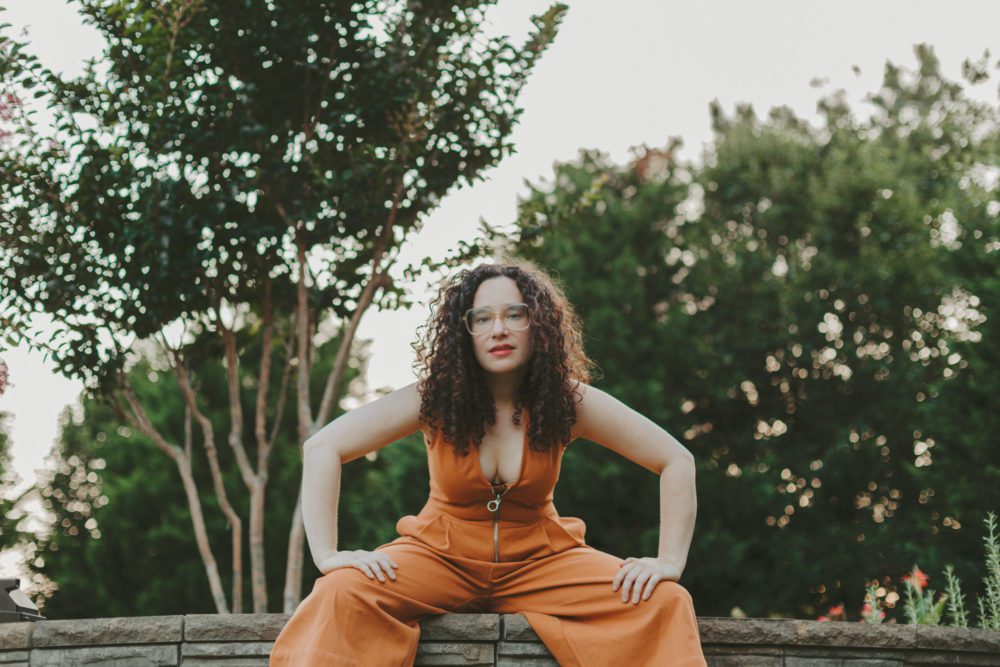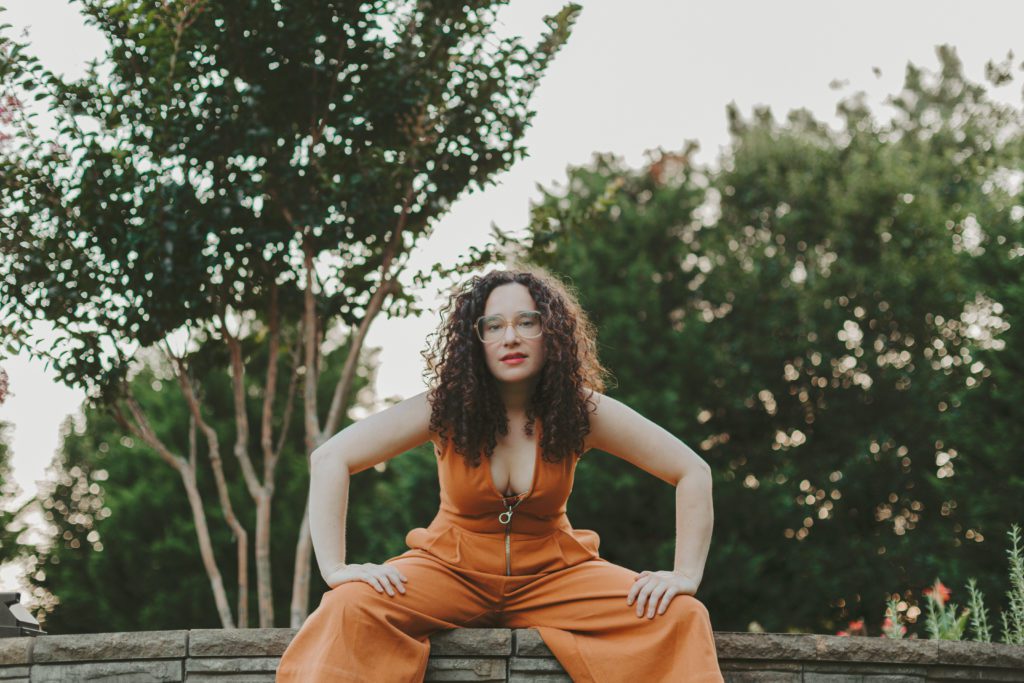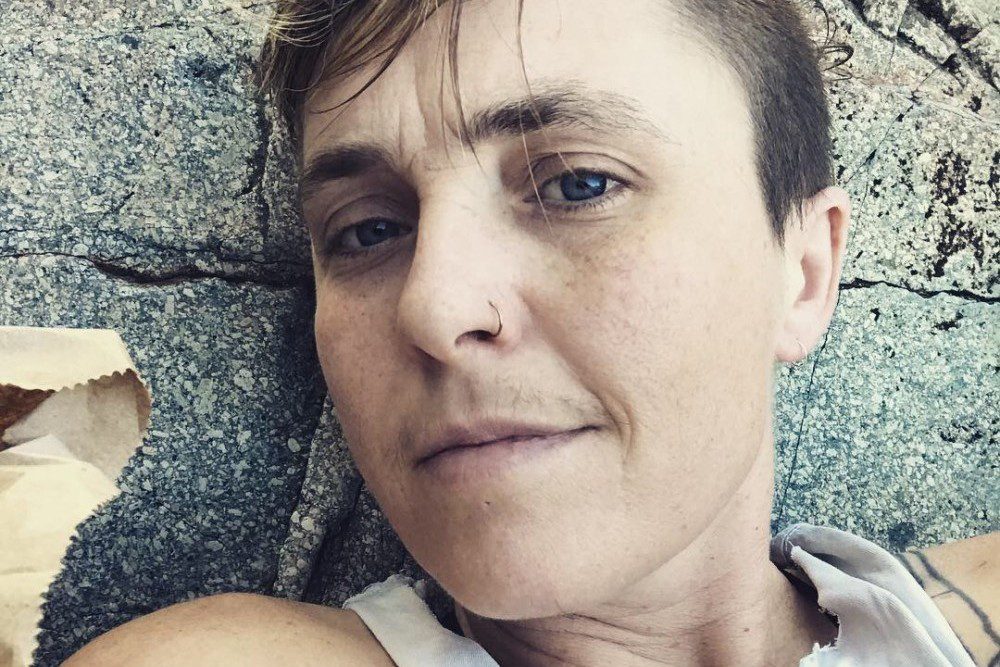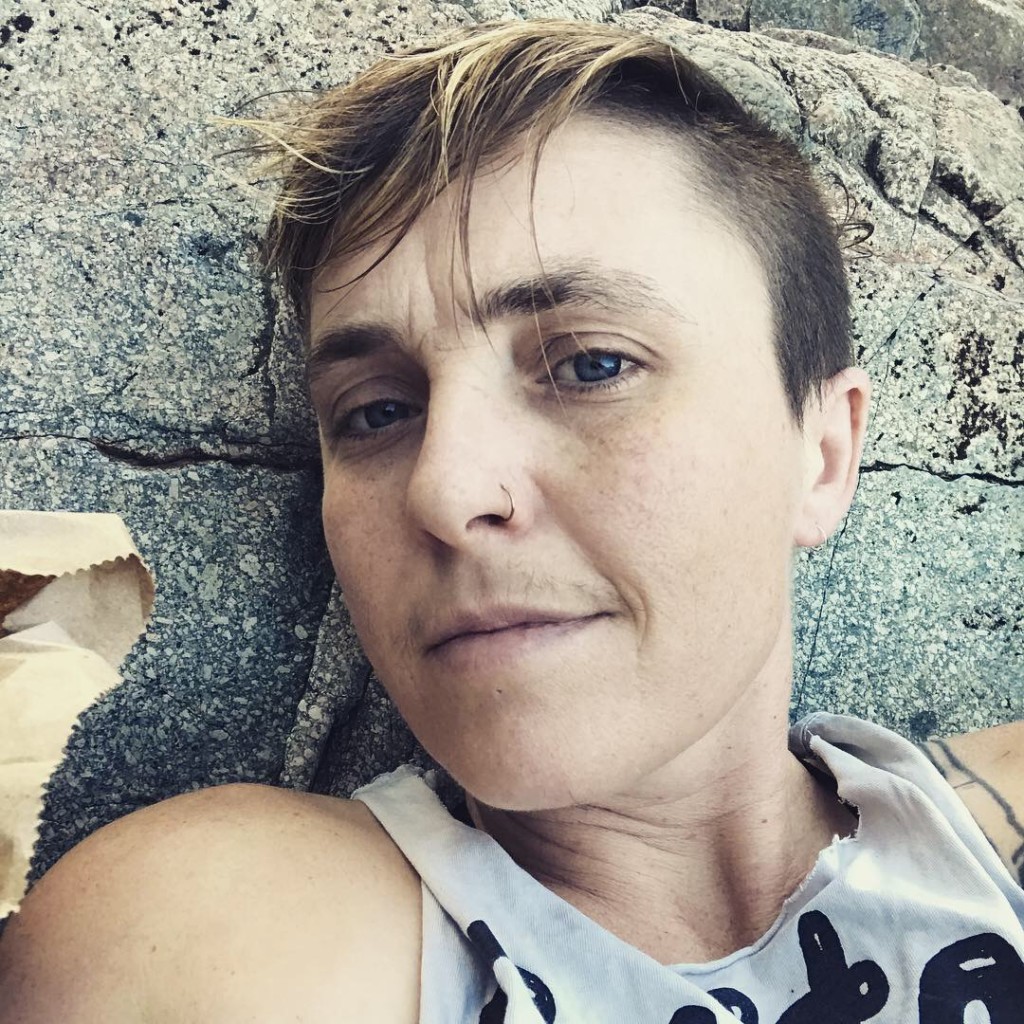Rachel Kiel Employs Dream Logic to Create “Late Night Drive” Video


The ghosts of your past selves live in your hometown. They linger in the same old spots as memories, not frozen but reverberating in time. The public pool you learned to swim in. The spot on the corner where you parked with your first boyfriend, necking into the wee hours of the morning. The backside of the local grocer, where strangers met to exchange money for weed. Childhood you, teenage you, college you. Wandering the streets with different aims altogether. Singer-songwriter Rachel Kiel’s latest single “Late Night Drive” delivers the haze of familiarity one feels driving home, no GPS needed, without a thought in your head.
It appears on her forthcoming album, Dream Logic, which started as a small seed years ago. “Dream Logic is just something that has been so much a part of my life, even since I was a little kid, all the way through my life,” Kiel explains. “It was an idea that it felt like it was the right time. I felt like I deserved it.”
The hypnagogic state is what your brain experiences between wakefulness and sleep. It’s a state of threshold consciousness in which one can find oneself hallucinating, lucid dreaming, stuck in a state of sleep paralysis, or in Kiel’s case: the place in which a song can be written. Throughout her life, she has found inspiration in this dream state. “That’s when the songs come, right when I’m waking up,” Kiel said. “I know this sounds like I’m crazy. But the songs come in this stage where you’re coming out of REM sleep. You’ve been in a dream, but now you’re waking up and you can, at that moment, access stuff from your dream. You can pull it from the dream world into the real world.”
“Late Night Drive,” in its essence, is very true to Kiel’s dream state inspiration. Its soft, translucent tone feels like peeling back the layers on something unclear. “Normally when a song starts for me, it’s like one little kernel of a melody, often with like a line or a rhythm that will sort of pop up and recur and I have to build the song around that little nugget,” Kiel says of her songwriting process. “Late Night Drive” feels like a person being pulled from a dream into reality, images moving from soft focus into clear. Light slowly filtering in, the senses trying to explain the extraordinary.
In the video reality and dream state meet as Kiel confronts a dark figure lurking in the back seat of her car. The video goes from a winding drive to a familiar place to an unnerving look down the rabbit’s hole. The back and forth, the interplay between the usual and the unusual, this is where Kiel truly shines. While the song fits into the album’s overall theme, Kiel’s approach on this track is delightfully straightforward, her voice modulating carefully while her guitar bends and curves with the road, the sounds reverberating against the windshield.
As a young girl, Kiel wanted to be a dream scientist. Growing up in North Carolina’s Chapel Hill, a college town perched somewhere between the mountains and the ocean, she was fascinated with the study of dreams. Her parents were academics – her father, an organizational psychologist, her mother, a former Slavic Languages graduate turned author – with a deep love for music. “It was my parent’s record collection that got me into music,” Kiel says. “They had this incredible wall of hundreds of records and when I was a kid I just gravitated towards them.”
Kiel spent days on end exploring their vinyl collection, tap dancing to the vibrations of The Everly Brothers, The Beatles, Bonnie Raitt. Those early rock music inclinations helped balance her classical education (at school she learned the flute). At age 13, she began to play piano, banging out her teenage angst on one she’d inherited from her step-grandmother.
“Sometimes I’ve been jealous of people who like got in their first bands when they were twelve. They got their first electric guitar,” Kiel says. “And sometimes I frame this in my mind as a gender thing – if I were a boy I would have gotten my first guitar when I was ten. I would have been in this band in my garage. Instead I was playing flute and tap dancing.”
In her junior year of college, Kiel studied abroad in England and was eager to make up for lost time and start a band. She jokes that she papered her campus with fliers that read, “If you like Radiohead and you want to be in my band, I’m a singer and songwriter. You will be a guitarist or a drummer or a bass player. We will play songs by Radiohead.” But it wasn’t until Kiel returned to North Carolina that she discovered a community of like-minded musicians to work with. “I’m a townie,” she says with a laugh. “That’s what I’ve come to realize: I’m a townie for life.”
Semi-Formal was a “crunchy, Neil Young influenced” country rock band. In Attic Orchestra, a chamber orchestra group, Kiel played the banjo, flute, and tap danced. Small Lions bent more toward the pop indie sound Kiel gravitates towards nowadays. All three groups involved bandmate Patrick Dyer Wolf (Goodnight, Texas), but ultimately Kiel felt a strong pull toward solo work: “My songs feel so much like my vision. So even though it was fun to play gigs with a band and share songwriting credits and do all that stuff, when it comes to making records I really just wanted to make my own records at the end of the day. I really just wanted to be like: This is my statement for right now.”
After releasing her debut Table Manners in 2008 and sophomore LP Television Waltz in 2011, Kiel took some time following 2017’s Shot from a Cannon to recover from a vocal injury, and make room for a new project. “I worked on [Shot From A Cannon] when I was in this place of forward movement, really propulsion; wanting to do something or get out of a rut or be propelled,” Kiel says; once she’d gotten Shot From A Cannon “out of her system,” she felt herself returning to old themes, thoughts and journal entries that were written straight out of childhood. Her newest album is a mix of songs from throughout her career, pieced together under an umbrella: Dream Logic.
“I’ve been learning not to regret my trajectory of how I got to where I am, because it’s not wasted time,” she says about her music journey. “We’re in this society where you have to be wracking up things; there’s this feeling of, how many years did I waste not playing guitar or being in bands or whatever. But it’s like: No, I was living my life and becoming the person that I am.”
Kiel is currently focused on the release of Dream Logic – slated for October 23 – but is already dreaming up new ways to combine her love of tap, flute, and rock ‘n’ roll. She’s not sure what will inspire her this time around – she may draw from the dream state again – but, she says, “It’s just nice to feel that that’s available to me. That there’s some other something. That there’s something else I can get at, that’s different from my waking life brain.”
Follow Rachel Kiel on Facebook and Instagram for ongoing updates.



